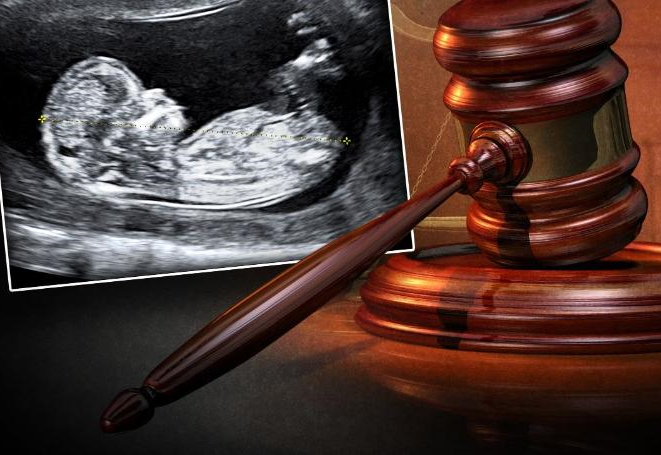The Texas Supreme Court considered arguments Thursday in one of the lawsuits challenging the life-saving state heartbeat law.
For nearly six months, the law has banned most abortions in the state, saving thousands of unborn babies’ lives. Pro-abortion groups are challenging the law in multiple ways, but their most prominent lawsuit right now involves the unique private enforcement mechanism in the law.
The law bans abortions once an unborn baby’s heartbeat is detectable, about six weeks of pregnancy, but, unlike most pro-life laws, it leaves the enforcement up to private citizens, rather than state officials. Typically, when pro-abortion groups challenge pro-life laws, judges block the state from enforcing them.
On Thursday, the Texas Supreme Court considered pro-abortion groups’ claims that some state officials, medical licensing officials, can enforce the law and that they should be blocked from doing so, according to the Texas Tribune.
State Solicitor General Judd Stone responded that the law clearly states that enforcement is private, the Tribune reported after the hearing. Stone told the justices that there is no “ordinary English interpretation that entertains any possibility of public enforcement.”
Get the latest pro-life news and information on Twitter. Follow @LifeNewsHQ
It appears unlikely that the pro-abortion groups’ case will succeed. As the newspaper noted:
[Their] argument, and the narrowness of the challenge more generally, presented a problem for lawyers representing the abortion providers, who found themselves in the tricky position of arguing against themselves.
Their current argument is that the state’s enforcement authority, through medical licensing officials, contributes to the chilling effect on abortion providers. If the state Supreme Court decides that medical licensing officials do not have enforcement authority — or the boards add language to their rules confirming that — that chilling effect is lifted.
Kimberlyn Schwartz, director of media and communications for Texas Right to Life, expressed optimism that the law will remain in effect and keep saving lives.
“We’re confident that the Texas Heartbeat Act will once again prevail against the abortion industry’s attacks,” Schwartz said. “Our groundbreaking law saves an estimated 100 babies per day, and we won’t stop until every child is protected from abortion.”
Speaking with Politico in January, Center for Reproductive Rights attorney Marc Hearron described the situation as bleak after both the U.S. Supreme Court and the Fifth Circuit Court of Appeals refused to block the law.
“There’s a part of our case left against these licensing officials, and it’s an important part of the case, but people need to understand that even what’s left is being delayed and strung out while patients across Texas are denied their constitutional rights,” Hearron said.
In December, the Supreme Court left only part of the abortion groups’ lawsuit in place and sent the case back to the Fifth Circuit for consideration. It also threw out a second lawsuit by President Joe Biden‘s administration.
For nearly six months, the law has been stopping thousands of unborn babies from aborted killed in Texas. Late last year, abortion businesses estimate their abortion numbers are down as much as 80 percent and said they may be forced to close, the Texas Tribune reported at the time.
This is good news for mothers and babies. Abortions do not help women or save them from death. They intentionally and unnecessarily kill unborn babies – unique and irreplaceable human beings who are living and growing in their mothers’ wombs.
Texas also has been adding support services for pregnant and parenting families. Along with passing the heartbeat law in 2021, state lawmakers also increased support for programs that serve pregnant and parenting mothers and babies, ensuring that they have resources to choose life for their babies.
The heartbeat law has the potential to save tens of thousands of unborn babies from abortion every year. In 2020, about 54,000 unborn babies were aborted in Texas, and about 85 percent happened after six weeks of pregnancy, according to state health statistics.








